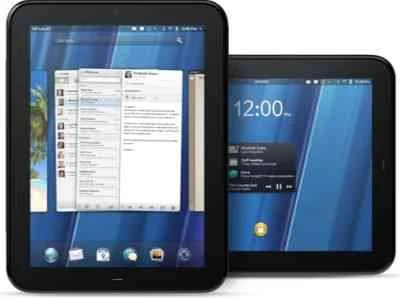Although disappointing, this news really shouldn’t surprise anyone.
HP has announced that it will hand pink slips to 275 employees that were part of the company’s webOS team. The company simply was unable to turn the long-running mobile operating system into something that could compete with Android and the iPhone.

The platform, which was developed by Palm and used on some of the first pocket-sized Internet-connectible devices on the market, was acquired by HP in 2010. It was reworked and put to use in HP’s flagship Touchpad tablet.
The tablet was such a flop that retailers ended up offering enormous discounts just to clear inventory. The company has said, however, that webOS can continue to live, but it wants to explore other avenues so that it doesn’t compete directly with the mobile behemoths that are out there today.
HP is also transitioning the platform to an open-source standard, and as a result it has a much smaller need for full-time in-house staff on the webOS team. The 275 people it will lay off account for around half of the webOS team.
“This creates a smaller and more nimble team that is well-equipped to deliver an open source webOS and sustain HP’s commitment to the software over the long term,” said HP in a statement.
It’s a dog eat dog world in the mobile space. Nokia also faced turmoil once it has to start going head-to-head with Apple and Google, but it decided to forge a partnership with the one competing OS that had a chance, Windows Phone. Now, Nokia is the #1 Windows Phone manufacturer and is single-handedly turning it into a viable platform.
It’s unclear at this point exactly where HP stands on its mobile initiatives, though it will likely be releasing a new tablet once Microsoft’s tablet-optimized Windows 8 OS is released.






